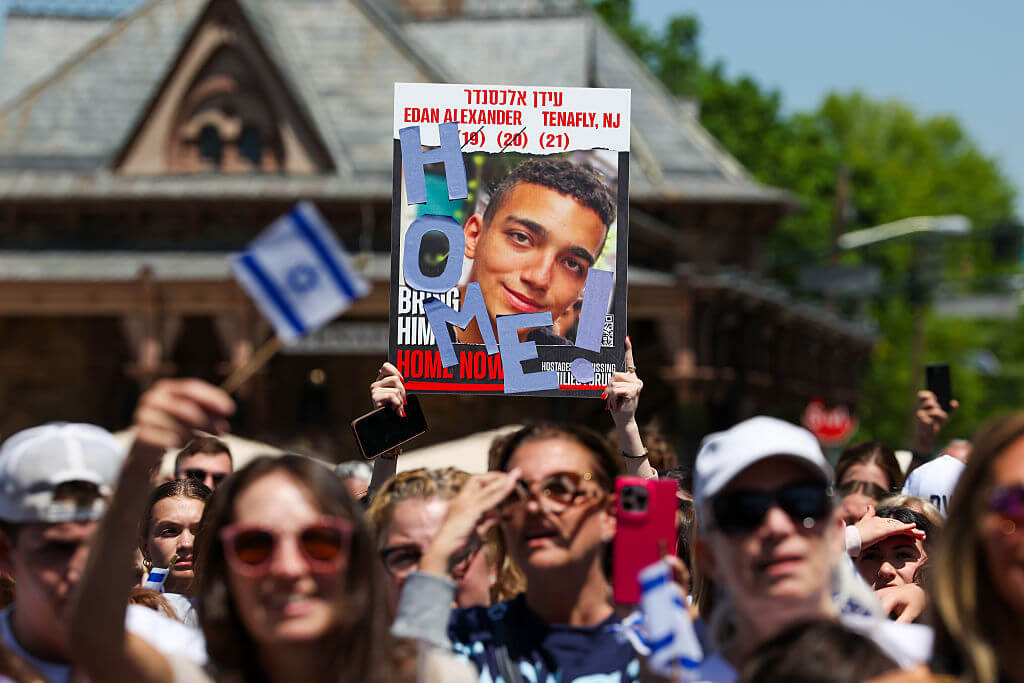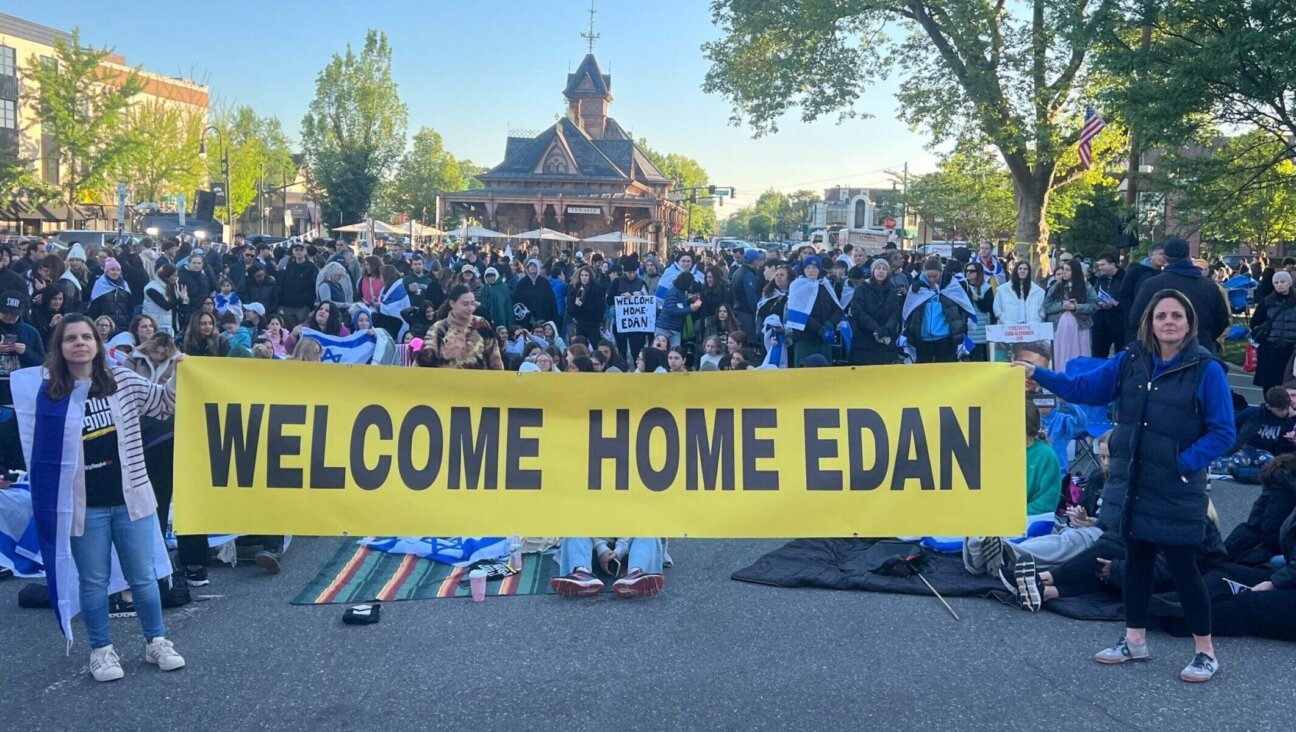Leiby Kletzky’s Alleged Killer Indicted on Murder Charges
The accused killer of Leiby Kletzky was indicted on murder charges, as officials said the 8-year-old Brooklyn boy was drugged before being smothered, authorities said.
A grand jury hit Levi Aron, 35, with an eight-count indictment on Wednesday, including two counts of first-degree murder, said Brooklyn District Attorney Charles (Joe) Hynes.
The indictment came as autopsy results revealed Kletzky was drugged with prescription pills before being murdered.
Traces of muscle relaxants, anti-psychotic medicine, and pain-killers were found in the Boro Park boy’s blood, the city medical examiner said, the New York Daily News reported.
The coroner’s report listed the pills along with suffocation as the cause of death, saying the boy suffered “intoxication by the combined effects of cyclobenzaprine (muscle relaxant) , quetiapine (antipsychotic), hydrocodone (pain medication), and acetaminophen (Tylenol), followed by smothering,” according to The New York Times.
The Times says hydrocodone is better known as the ingredient in Vicodin, while cyclobenzaprine is sold under the brand name Flexeril.
The medical examiner’s report is the first indication that Kletzky was drugged.
Aron allegedly confessed to abducting the Orthodox Jewish boy as he walked home from day camp alone for the first time on July 11.
Aron claimed he smothered the boy with a towel after panicking over the massive search in the neighborhood.
Kletzky’s body parts were found July 13 in Aron’s freezer and a nearby trash bin.
Hundreds of mourners attended a special prayer vigil for the boy in Boro Park Wednesday night.
Earlier Wednesday, Kletzky’s heartbroken parents ended their traditional mourning period with an early morning walk outside their Boro Park home, news reports said.
Nachman Kletzky and his wife, Esther, were surrounded by relatives as they walked outside on 15th Ave., around 6 a.m., the New York Daily News reported.
The walk marked the end of their seven-day shiva period during which they stayed inside their apartment.
“It’s a sign that your escorting the soul to its resting place,” Jack Meyer, of Misaskim, an organization that provides services to grieving families, told the paper.
The Forward is free to read, but it isn’t free to produce

I hope you appreciated this article. Before you go, I’d like to ask you to please support the Forward.
Now more than ever, American Jews need independent news they can trust, with reporting driven by truth, not ideology. We serve you, not any ideological agenda.
At a time when other newsrooms are closing or cutting back, the Forward has removed its paywall and invested additional resources to report on the ground from Israel and around the U.S. on the impact of the war, rising antisemitism and polarized discourse.
This is a great time to support independent Jewish journalism you rely on. Make a gift today!
— Rachel Fishman Feddersen, Publisher and CEO
Support our mission to tell the Jewish story fully and fairly.
Most Popular
- 1

Fast Forward Ye debuts ‘Heil Hitler’ music video that includes a sample of a Hitler speech
- 2

Opinion It looks like Israel totally underestimated Trump
- 3

Culture Is Pope Leo Jewish? Ask his distant cousins — like me
- 4

Fast Forward Student suspended for ‘F— the Jews’ video defends himself on antisemitic podcast
In Case You Missed It
-

News In Edan Alexander’s hometown in New Jersey, months of fear and anguish give way to joy and relief
-

Fast Forward What’s next for suspended student who posted ‘F— the Jews’ video? An alt-right media tour
-

Opinion Despite Netanyahu, Edan Alexander is finally free
-

Opinion A judge just released another pro-Palestinian activist. Here’s why that’s good for the Jews
-
Shop the Forward Store
100% of profits support our journalism
Republish This Story
Please read before republishing
We’re happy to make this story available to republish for free, unless it originated with JTA, Haaretz or another publication (as indicated on the article) and as long as you follow our guidelines.
You must comply with the following:
- Credit the Forward
- Retain our pixel
- Preserve our canonical link in Google search
- Add a noindex tag in Google search
See our full guidelines for more information, and this guide for detail about canonical URLs.
To republish, copy the HTML by clicking on the yellow button to the right; it includes our tracking pixel, all paragraph styles and hyperlinks, the author byline and credit to the Forward. It does not include images; to avoid copyright violations, you must add them manually, following our guidelines. Please email us at [email protected], subject line “republish,” with any questions or to let us know what stories you’re picking up.














